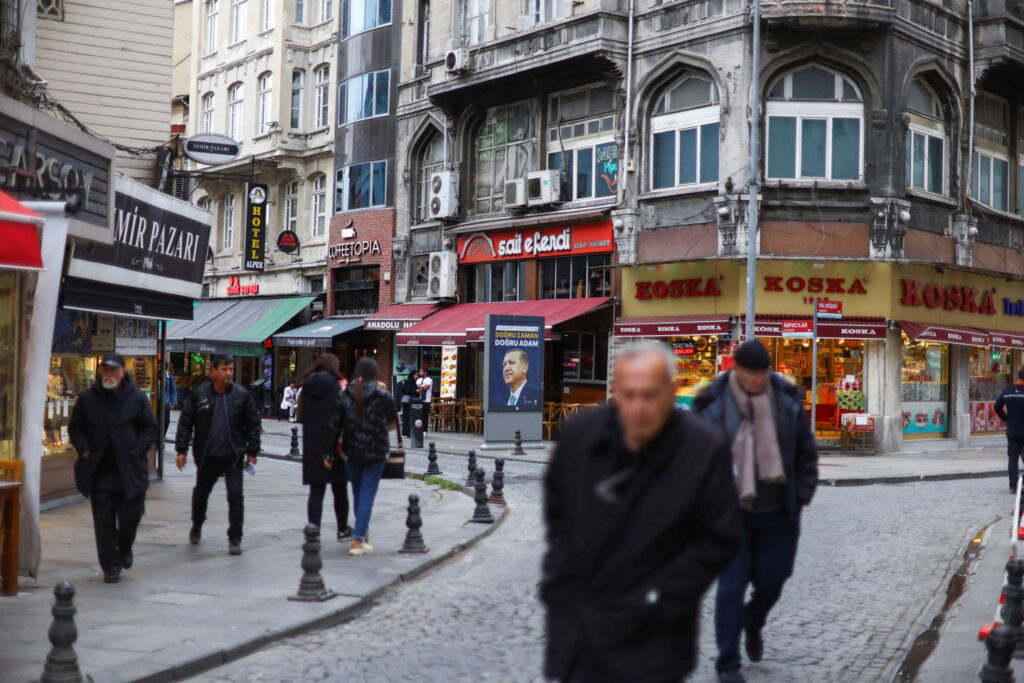
In the midst of the Covid-19 epidemic, the economist Robert Boyer analyzed the health crisis as revealing a variety of deep and intertwined crises (Capitalisms put to the test of the pandemic, The Discovery, 2020). More than two years later, he returns to these questions in Macroeconomics and History (Classique Garnier, 2022), a scholarly work on the difficult relations between economists and historians.
How does the study of the relationship between macroeconomics and history make it possible to understand the crises of capitalism?
Major economic crises are often moments of rapprochement between economists and historians. This was the case during the crisis of the 1930s, during which the famous magazine founded in 1929 by Marc Bloch and Lucien Febvre, Economic and social history Annalshas played a major role in the re-examination by economists of their tools and methods.
Ernest Labrousse wrote in 1932 that “every society has the conjecture and the crises of its structure”. This clearly explains the reasons for wanting to bring together economic theory and history: it is a question of understanding, behind the visible phenomena of the crisis, deeper and less spontaneously intelligible evolutions of the underlying structure. In a sense, the theory of regulation (of which Robert Boyer is one of the founders) falls into this line.
Born in 1943, I felt like I was going through such a historic change when I was still young. In the early 1970s, I worked in the forecasting department of the Ministry of Finance. We had built a fairly elaborate model compared to the standards of the time, called STAR, for Theoretical Scheme of Accumulation and Distribution. In simulation on the past, he seemed to take everything into account. Yet he found himself completely overwhelmed in the face of the economic crisis revealed by the oil shock.
Following Michel Aglietta, a small group of researchers wanted to think about the change they were facing, which the standard theory was unable to account for. Turning to history corresponded for us to a scientific requirement, not to an imperative of multidisciplinarity. It was necessary to integrate, in the economy, a historical time which is not the time of the calendar: a time made up of innovations, shifts and stalls. Not the time of rational calculation of economists, which is homogeneous, but that of historians, which is discontinuous, open to the succession of contrasting periods.
You have 73.99% of this article left to read. The following is for subscribers only.



